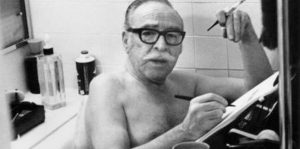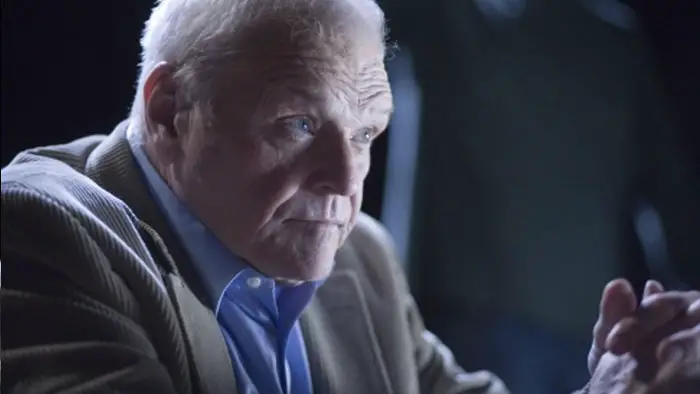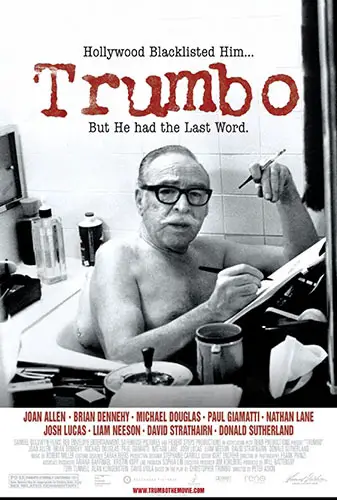
As much as we love a good story, the storyteller is just as intriguing. The lives of authors are at once inspirational and enigmatic since they can make the job of entertaining and enlightening seem effortless, even routine. Our wonderment about the author has something to do with our belief in the “myth of genius,” what we believe can make an everyman into a great artist. When hearing of the writer’s life, be it a biography or a documentary, we want to experience the genius while witnessing the mere person behind the great byline.
Hence, the author documentary is never out of fashion. Currently, the late Hunter S. Thompson’s story in “Gonzo” clears away cultism to evaluate the author’s solid body of work, while “Dreams with Sharp Teeth,” about short fiction maestro Harlan Ellison, deconstructs the “myth of genius” by bringing us ringside to a productive craftsman. Now “Trumbo” presents a writer who initially thrived in the Hollywood studio system, while legend and several personal accounts assert that Hollywood submerges creativity for a salable product.

“…a favorite of directors and stars, while he maintained a distinct voice and style in his scripts…”
After establishing himself as a novelist – the mass-market mainstay “Johnny Got His Gun” is his most famous – Dalton Trumbo was one of the most reliable screenwriters of the 1930s and 1940s. He soon became a favorite of directors and stars, while he maintained a distinct voice and style in his scripts, one of which, “Kitty Foyle,” earned him an Oscar in 1940. Like the pantheon of golden-age directors – Hawks, Ford, Wilder – but unlike many of his counterparts, Trumbo could operate within various Hollywood genres while managing to vitalize them. As F. Scott Fitzgerald and Nathaniel West swore that Hollywood was where true writers went to die, Trumbo showed that it could be a land of opportunity for the creative.
By itself, the golden age of Trumbo’s career would make for an inspiring documentary. But, alas, history situates him in another story, a tragedy that nearly consumed him and many other members of Hollywood.
While affordable ticket prices helped movies triumph in the face of the depression and the Second World War, America soon fell under the pall of Stalin’s threat. Fearing that Russian dictator’s influence would spread through the free world, The House of Un-American Activities Committee would put the trials of alleged communists into high profile. Beginning in 1947, the blacklisting of alleged Communists members of Hollywood spread another fear throughout America – that the enemy of the people was strong enough to have infiltrated the silver screen. To get such a widespread reaction, the House strategically looked to America’s most beloved industry.

"…his reemergence proves him to be a dauntless hero."

